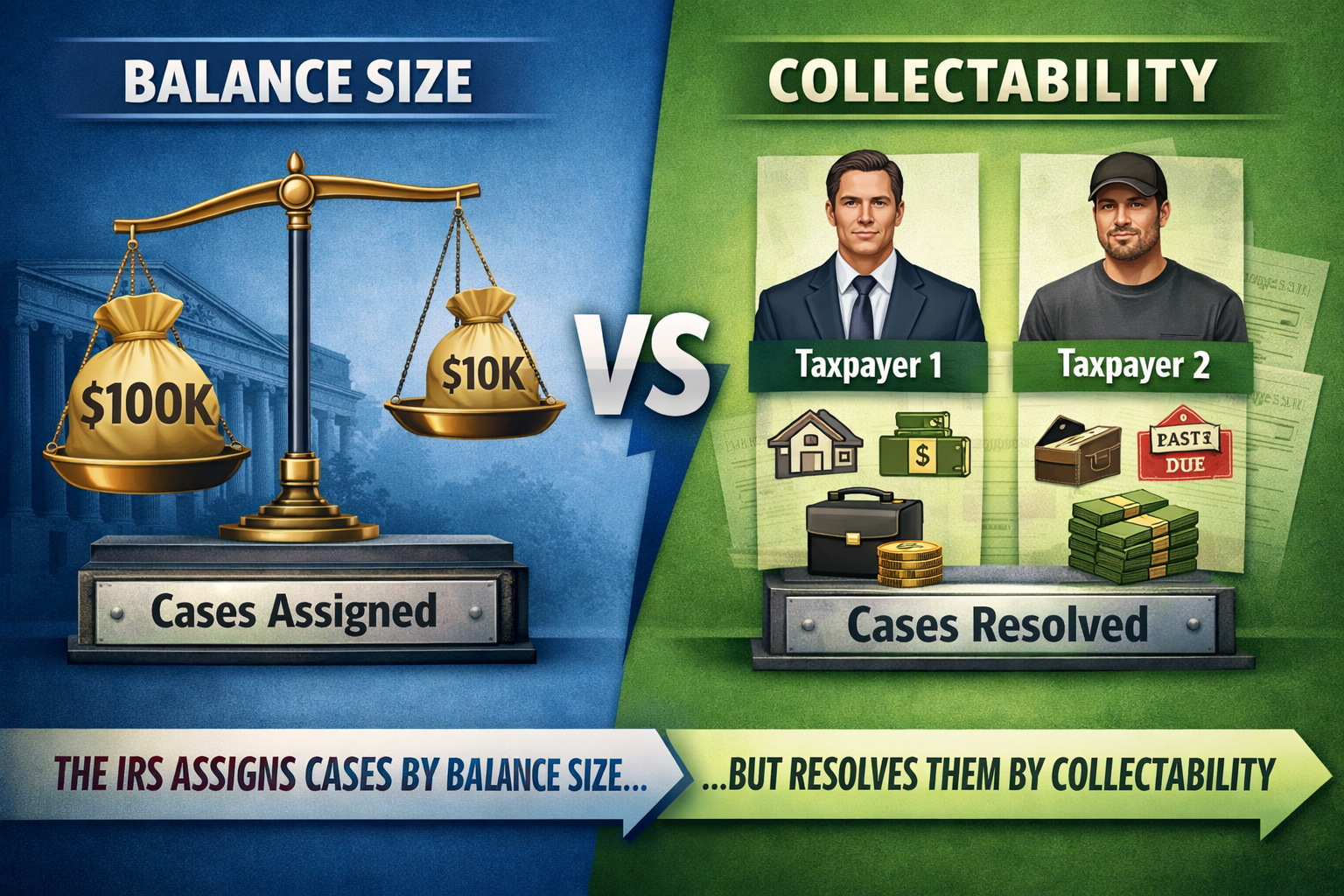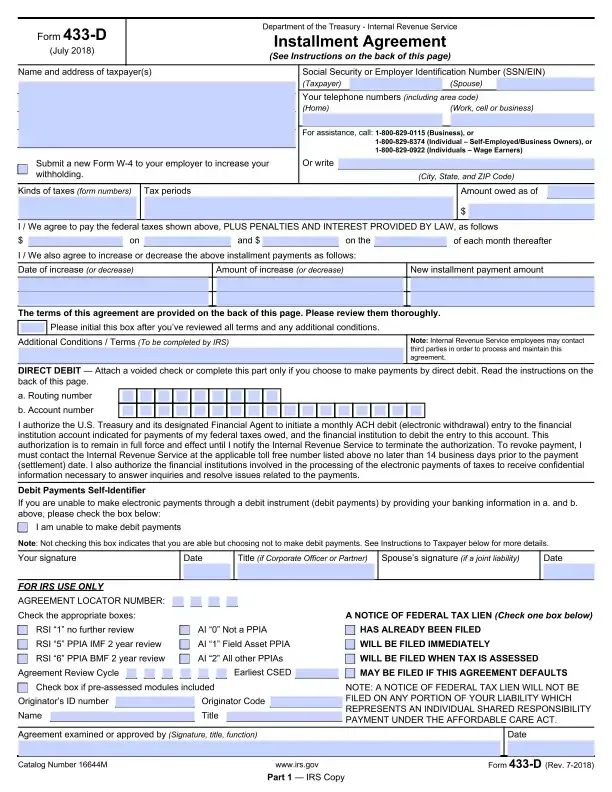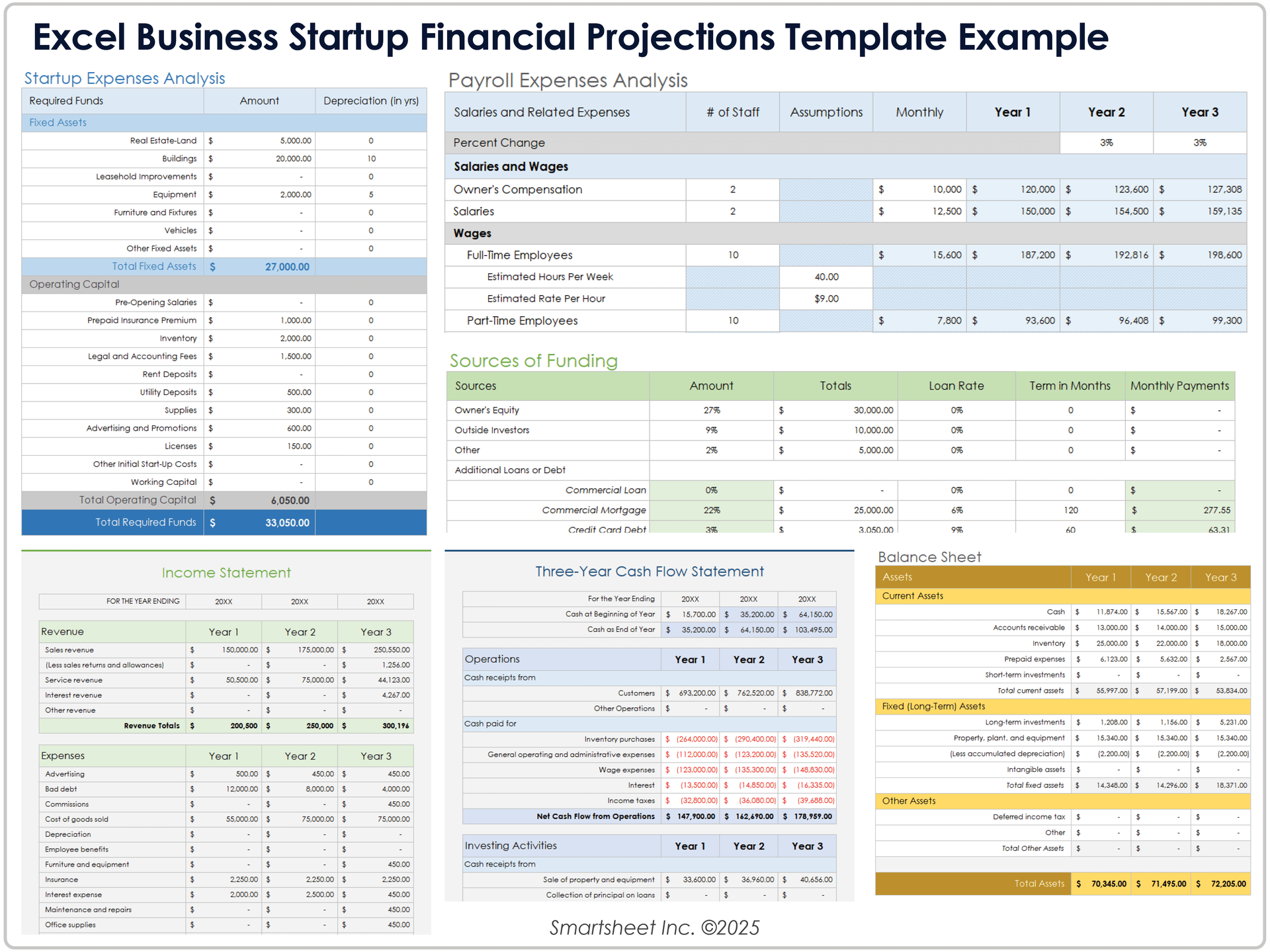How Final is the IRS Final Notice of Intent to Levy?
If you’ve received an IRS Final Notice of Intent to Levy (Letter 1058 or LT11), you might be wondering just how "final" it actually is. The short answer? It’s pretty serious, but you still have options—if you act fast.
Let’s break it down.
What Is the Final Notice of Intent to Levy?
This letter means the IRS is getting ready to seize your assets—that could be your bank account, wages, Social Security benefits, and even your retirement accounts (yes, including your IRA!).
It’s not just a warning; it’s the last official step before they start taking action. But here’s the key: You have 30 days to respond before they can actually move forward with the levy. That means you still have time to stop it—but you can’t just ignore it and hope it goes away.
What Are Your Options?
If you act within the 30-day window, you can:
- Request a Collection Due Process (CDP) hearing – This is your right to dispute the levy, propose an alternative, or challenge the tax liability itself (if you haven’t done so before). The IRS will put the levy on hold while they review your case.
- Set up a payment plan – If you can’t pay in full but want to work something out, an Installment Agreement can stop the levy process.
- Submit an Offer in Compromise (OIC) – If you qualify, you might be able to settle your tax debt for less than what you owe.
- Request Currently Not Collectible (CNC) status – If you’re struggling financially, proving hardship to the IRS can temporarily halt collections.
- Pay the tax debt – If you can afford it, paying off the debt (or at least making a good-faith payment) can make the levy go away.
What Happens If You Ignore It?
If you don’t take action within 30 days, the IRS can and will start levying your assets. That means they can:
- Empty your bank account
- Garnish your wages
- Take your Social Security payments
- Seize other assets (in rare cases, even property)
And once the levy is in place, it’s much harder to undo.
The Bottom Line
The Final Notice of Intent to Levy is final in the sense that it’s your last warning before the IRS starts taking your money. But you still have options—if you act quickly. If you get this letter, don’t panic, but don’t ignore it either. Reach out to the IRS or a tax professional and take action before the 30-day deadline passes.









